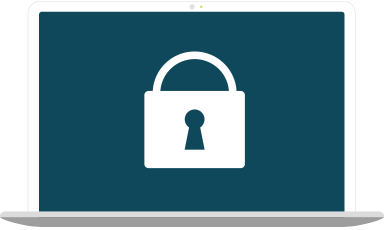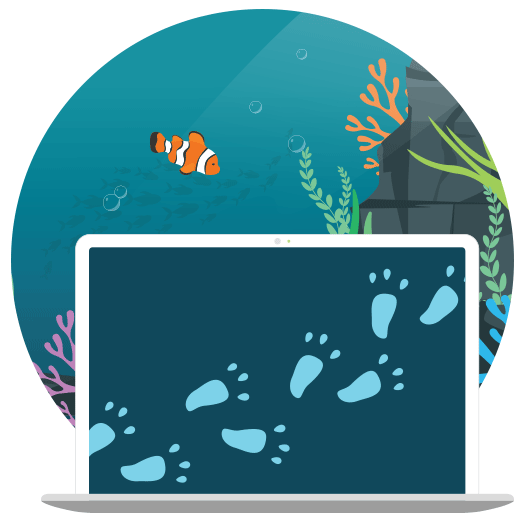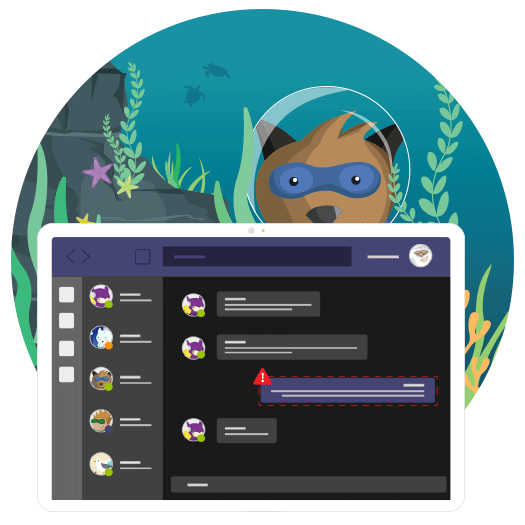
Promoting Online Safety and Digital Citizenship in Schools
Empowering Students for a Digital Future
In today's increasingly digital world, it is crucial for schools to prioritise online safety and digital citizenship education. As technology becomes more integrated into our lives, and – let’s face it – part of the daily routine for most of us, students must develop the knowledge and skills to navigate the digital landscape responsibly.

The Significance of Online Safety
Online safety is paramount to protect students from online threats and ensure their wellbeing. Schools play a vital role in fostering a safe online environment for students to learn. By educating students about online safety, schools can equip them with the necessary skills to protect their personal information, identify and avoid online risks, and practice responsible online behaviour which they can continue to adhere to throughout life.
It’s important for schools to educate students about the permanence of their digital footprints. Our digital footprint is the data that we leave behind when we’ve been online. Teaching students about the importance of managing their online presence and how their online actions can impact their future should help them to be more cautious about the online decisions they make now.
Addressing Cyberbullying
We all know how severe cyberbullying can be and the consequences it can have. Addressing the issue of cyberbullying and promoting a zero-tolerance policy will help to teach students how to identify and respond to cyberbullying incidents, encourage reporting, and foster a culture of kindness and empathy online.
Finally, emphasising the importance of safeguarding personal information will teach students about how to navigate privacy settings, safe browsing habits, and the potential risks associated with sharing personal information online.

Understanding Digital Citizenship
Digital citizenship focuses on responsible and ethical use of technology. It encompasses digital rights, responsibilities, and behaviours that individuals should exhibit in the digital realm. By promoting digital citizenship, schools can instil values such as respect, empathy, critical thinking, and responsible decision-making in students' online interactions.
Incorporating digital literacy programmes into the school curriculum will encourage critical thinking skills, media literacy, and the ability to evaluate online information for credibility.
Teaching students about respectful and positive online communication and encouraging discussions on the consequences of cyberbullying, trolling, and hate speech will inspire students to engage in constructive online discussions and treat others with empathy and kindness.
Educating students about copyright laws and intellectual property rights will teach them to properly cite and give credit to original creators when using online content.
Effectively integrating online safety and digital citizenship into the school environment should enable schools to develop a comprehensive curriculum that includes age-appropriate online safety and digital citizenship lessons, workshops, and activities. Teachers also need ongoing professional development opportunities to enhance their knowledge and skills in online safety and digital citizenship.
By prioritising online safety and digital citizenship in schools, we can empower students to navigate the digital world responsibly, protect themselves and others, and become positive contributors to the online community. By instilling these values early on, we can equip students with the skills they need for a safe and successful digital future.
Remember: promoting online safety and digital citizenship is a collective effort involving schools, parents, and the wider community. Together, we can create a digital landscape that encourages responsible digital citizenship and supports the wellbeing of our students.

How can Senso help?
Here at Senso, online safety is our number one priority. We know that even for the most experienced digital citizens, the internet is an open door to all kinds of harmful and inappropriate material. This is why web filtering and monitoring are critical to safeguarding in schools, and Senso is proud to provide them both – all completely cloud-based.
And to make sure staff training is always up to date, we have our very own Learning Management System: Senso Learn. With Senso Learn, schools can easily stay on top of their training needs in safeguarding, compliance, and people management and add school policies and procedures to courses. Schools can even add their existing course materials into the Senso Learn platform. Senso Learn is the ultimate solution for schools looking to streamline and simplify their training efforts.
Want to Know More?
If you would like more information on what Senso can do for you and your school or business, please don’t hesitate to get in touch. We’d love to hear from you!